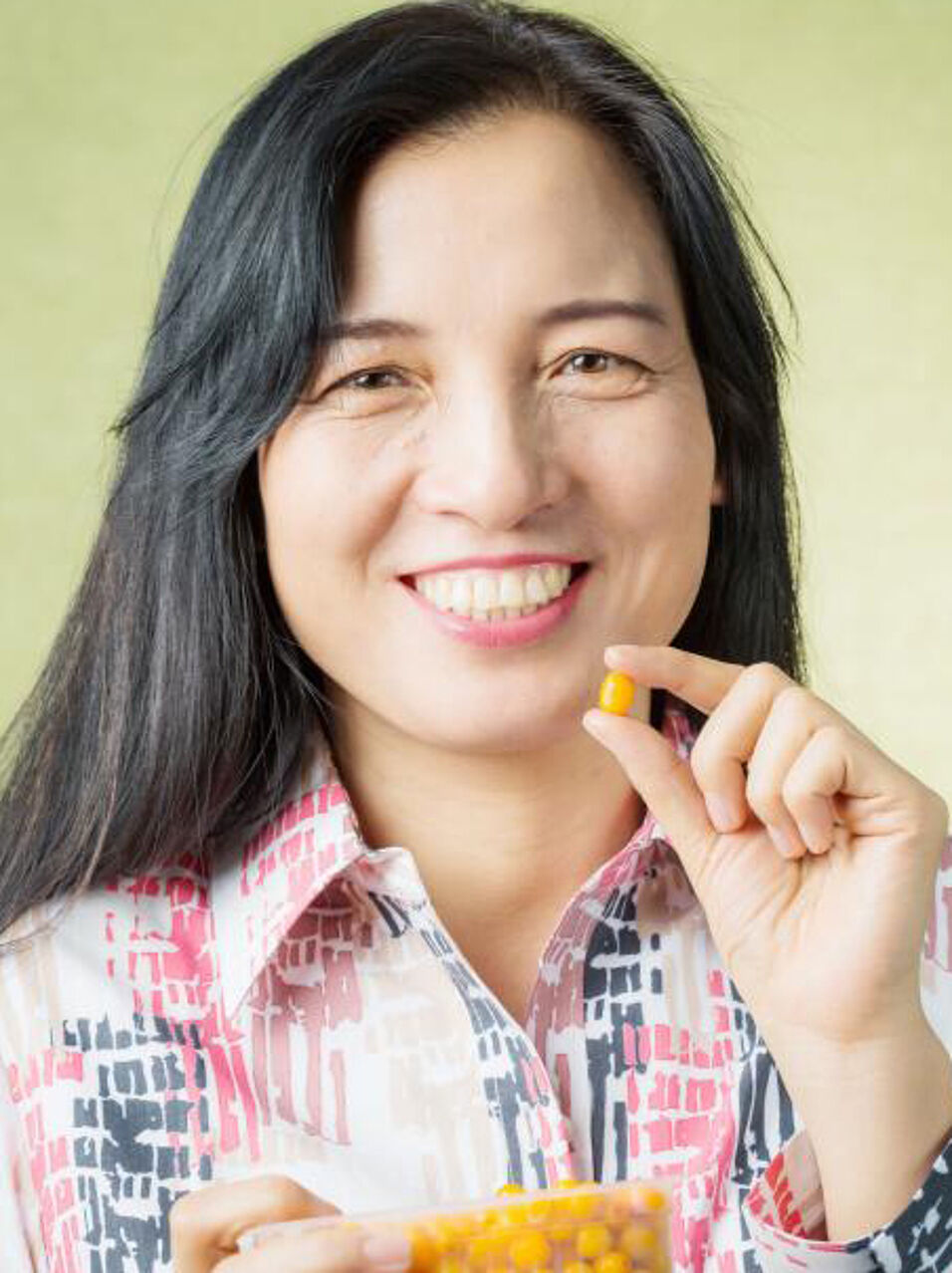Fruits and vegetables are common dietary sources of anthocyanins, which have been shown to have a wide range of health promoting effects. Increase in cultivation and consumption of anthocyanin-rich food is highly recommended. Anthocyanins are present in fruits and berries as non-acylated glycosides of anthocyanidins, whereas acylated anthocyanins are found in some other foods such as purple potatoes, cabbages, and corns. Due to the different molecular structures, acylated anthocyanins differ from non-acylated anthocyanins in stability, solubility, and bioavailability. Less studies have been reported on the health effects of acylated anthocyanins in comparison with the non-acylated anthocyanins. Furthermore, there is a lack of research data on the potential difference in bioactivities between the acylated anthocyanins and non-acylated anthocyanins. Therefore, we aimed to investigate the potential of acylated anthocyanins of purple potatoes for reducing the risk of metabolic syndrome and for managing type II diabetes. Special attention was paid to the comparison of the impact of acylated anthocyanins from potatoes vs. non-acylated anthocyanins from berry sources.
Two human studies were carried out to investigate purple potatoes, bilberries, and anthocyanin extract from purple potatoes on postprandial glycaemic response in healthy human subjects after a high carbohydrate meal. In our first study with healthy male volunteers, a meal of mashed purple potato (Solanum tuberosum) ‘Synkeä Sakari’ induced a significantly lower postprandial response in glycaemia and insulinemia compared to the meal prepared from potatoes of a yellow cultivar. The postprandial glycaemic response was also clearly lower than that induced by a meal of bilberry jelly containing equal amount of potato starch fortified with anthocyanins extracted from bilberries (Vaccinium myrtillus). In order to eliminate the potential confounding effects of non-phenolic compounds, we extracted anthocyanins from purple potatoes. In our second human study, we compared a meal of yellow potatoes with added anthocyanins against a meal of the same yellow cultivar in order to confirm the hypoglycaemic effects of potato anthocyanins. In this study our aim was also to investigate the metabolism of acylated anthocyanins and their impact on postprandial inflammatory markers.
Previous metabolomics research has identified a range of metabolites as potential markers of pre-diabetic state and insulin resistance. However, there is hardly any report on whether these metabolites could be influenced by the dietary intervention with dietary anthocyanins. In our third study, we compared the metabolic impacts of bilberry anthocyanins and acylated anthocyanins from potatoes in a long-term feeding trial with obese diabetic Zucker rats (fa/fa). Non-targeted NMR metabolomics was used to study the metabolomics profiles of fasting plasma after 8-week intervention feeding. While both anthocyanin extracts showed positive impact on sugar and lipid metabolism of the diabetic rats. Our data also indicate that the two extracts may differ in their effects on various metabolic pathways.
Professor Baoru Yang holds a PhD degree in Food Chemistry from the University of Turku, Finland. Previous education includes BSc. and MSc. degrees in Agronomy from Beijing Agricultural University, China (Nowadays, China Agricultural University) as well as MSc. Degree in Molecular Biology and Biotechnology at University of Turku, Finland. Yang is the Head of the Food Chemistry and Food Development Unit, leading the research in Food Sciences and the two education programmes: Food Chemistry (MSc., PhD) and Food Development (MSc.-Tech, DSc.-Tech). Yang acts as the Vice Dean of the Faculty of Science and Engineering, University of Turku, responsible for international cooperation, doctoral education, and societal interactions. She is a member of Steering Committee of Doctoral Education at University of Turku.


